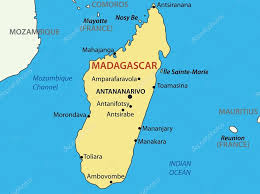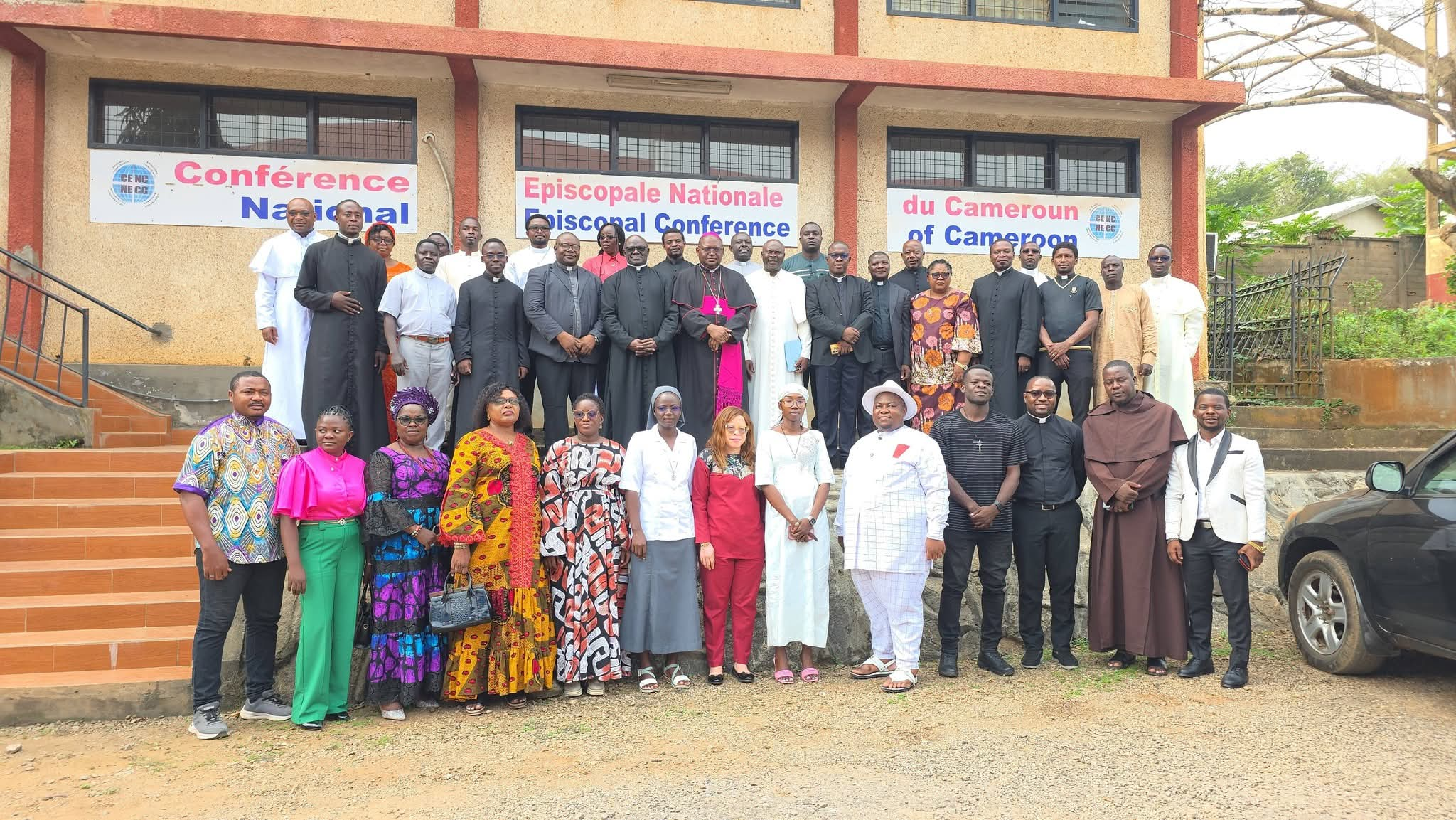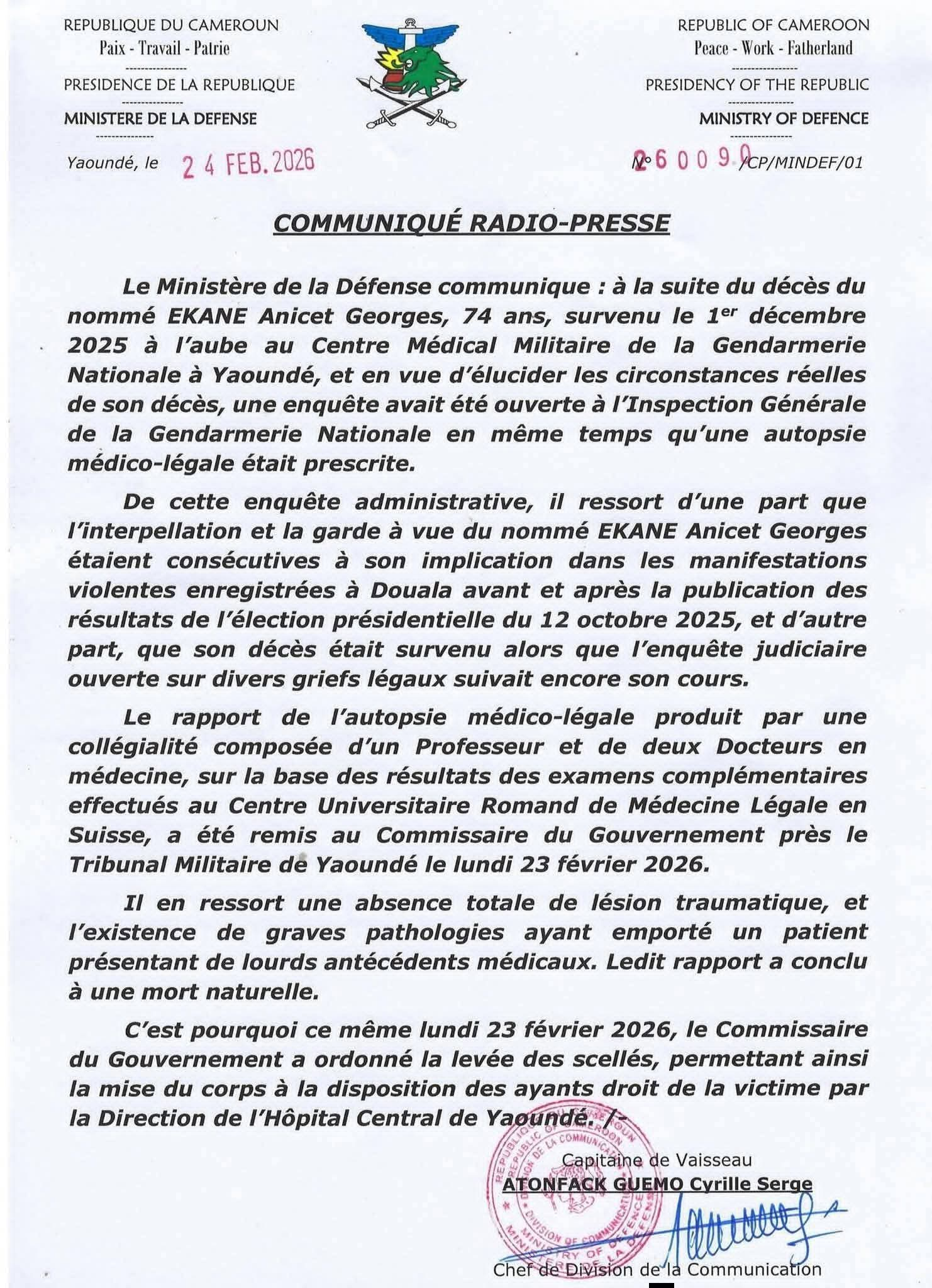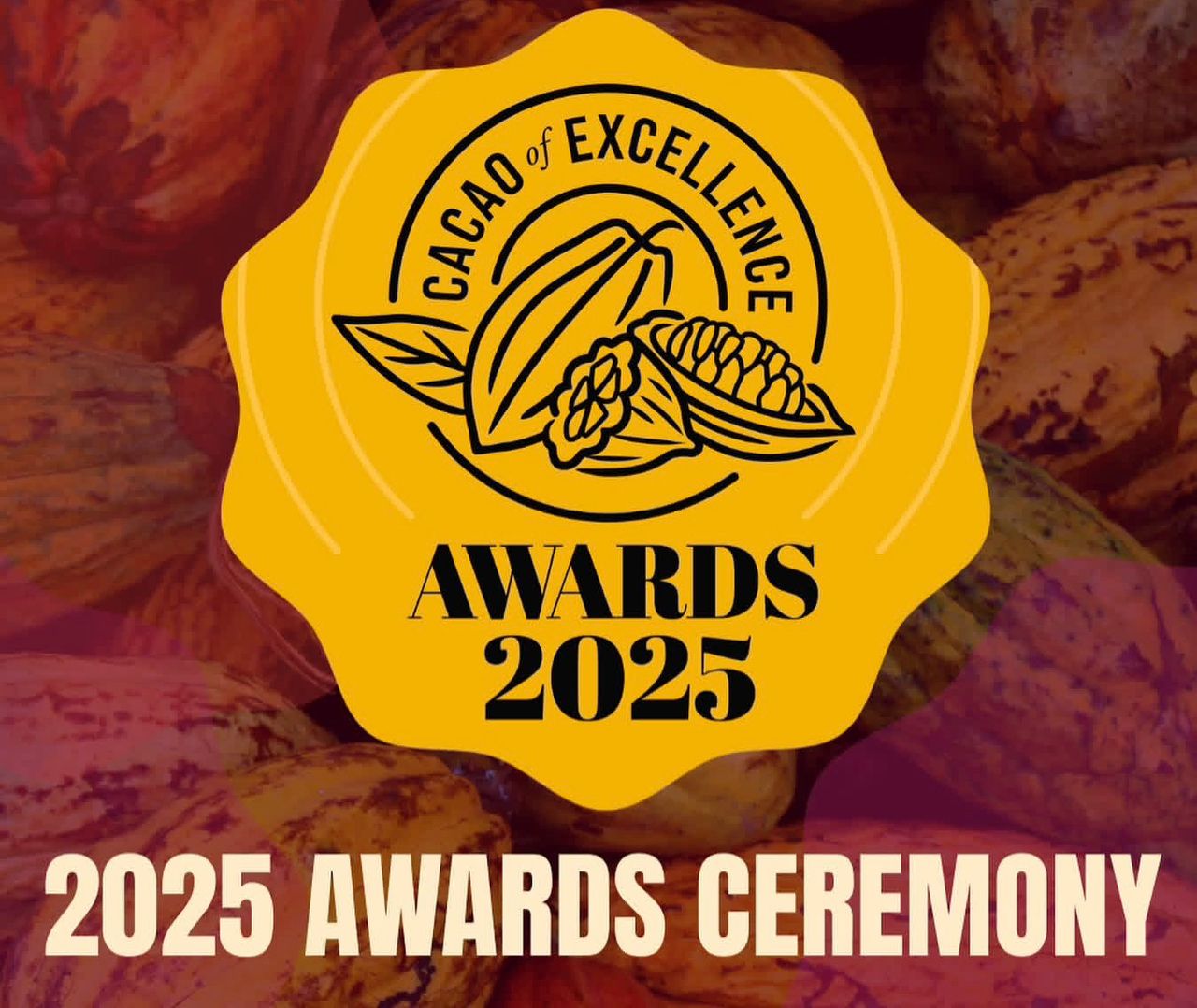The government of Madagascar has partnered with World Food Programme (WFP) to pilot an innovative project that seeks to transform rural areas in two of the Indian Ocean island’s disaster-prone regions.Targeting communities in Androy and Anosy regions in southern Madagascar, the Rapid Rural Transformation (RRT) initiative would see the WFP and partners establishing solar-powered hubs, sustainable water sources and information and communication technologies in remote areas.
These would allow for the provision of essential services such as energy, water, and digital platforms to members of targeted communities in an environmentally responsible and sustainable manner.
The hubs, which would be managed by regional authorities, would enable various partners to set up integrated community services such as training centres for women and youth on food production and business skills, as well as digital classrooms, while enhancing agricultural production through solar-powered drip irrigation and hydroponics.
WFP country director Pasqualina di Sirio hailed the initiative as a game-changer.
“Working with the government, the integrated services approach helps us to stimulate grassroots development, while addressing rural communities’ most pressing needs,” di Sirio said on Thursday.
She said the plan is to expand the initiative to other villages and regions.
Madagascar is among 10 countries most vulnerable to disasters in the world and is considered the most cyclone-exposed country in Africa.
The Androy and Anosy regions are at the sharp end of the climate crisis and have high rates of chronic malnutrition among children under five.
The regions are adversely affected by extreme weather events such as cyclones, storms and droughts.
Approximately 2.2 million people in the southern and south-eastern regions of Madagascar are experiencing high levels of food insecurity during the pre-harvest period until April.




